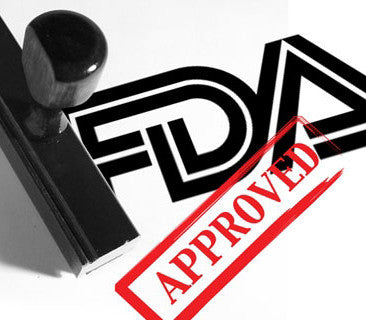FDA statement from Douglas Throckmorton, M.D.,
The health and safety of children is a top priority at the FDA, which is why today we are requiring a series of changes to the labeling of two types of opioid medications in order to help better protect children from serious risks associated with these medicines – codeine (found in some prescription pain and cough medicines and some over-the-counter cough medicines) and tramadol (found in some prescription pain medicines).
We are requiring these changes because we know that some children who received codeine or tramadol have experienced life-threatening respiratory depression and death because they metabolize (or break down) these medicines much faster than usual (called ultra-rapid metabolism), causing dangerously high levels of active drug in their bodies. This is especially concerning in children under 12 years of age and adolescents who are obese or have conditions that may increase the risk of breathing problems, like obstructive sleep apnea or lung disease. Respiratory depression can also occur in nursing babies, when mothers who are ultra-rapid metabolizers take these types of medicines and pass it along to their children through their breast milk.
This isn’t the first time we have taken action on codeine to better ensure the safety of our children. Since 2013, prescription codeine labeling has contained a Boxed Warning and Contraindication for children up to age 18 years of age regarding the risk of life-threatening respiratory depression following the use of codeine for pain management after the removal of the tonsils (tonsillectomy) and/or adenoids (adenoidectomy). Now, labels for both codeine and tramadol are being updated to include additional Contraindications and Warnings; among the updates are Contraindications for use of codeine or tramadol in all children younger than 12 years of age, warnings about their use in children 12-18 years of age with certain medical conditions, and a stronger warning recommending against their use in nursing mothers. In addition to these labeling changes, labeling for tramadol-containing products will also get a Contraindication for post-operative pain management in children up to age 18 years of age who have undergone tonsillectomy and/or adenoidectomy, which is already in labeling for codeine products.
We urge health care providers, stakeholders and the public to read the Drug Safety Communication that we issued today, which provides more detailed information regarding the new Warnings and Contraindications, and the data that informed them. We also encourage parents to review the ingredients of pain medicines to see whether they include codeine or tramadol, and cough medicines to see if they contain codeine. It’s also important to check non-prescription cough and cold medicines that may be sold over the counter, as some of these medicines also include codeine. In all cases, if the medicine contains codeine or tramadol, parents should consult a health care provider before giving their children the medicines or taking them when nursing.
We understand that there are limited options when it comes to treating pain or cough in children, and that these changes may raise some questions for health care providers and parents. However, please know that our decision today was made based on the latest evidence and with this goal in mind: keeping our kids safe.
The FDA, an agency within the U.S. Department of Health and Human Services, promotes and protects the public health by, among other things, assuring the safety, effectiveness, and security of human and veterinary drugs, vaccines and other biological products for human use, and medical devices. The agency also is responsible for the safety and security of our nation’s food supply, cosmetics, dietary supplements, products that give off electronic radiation, and for regulating tobacco products.
See More


